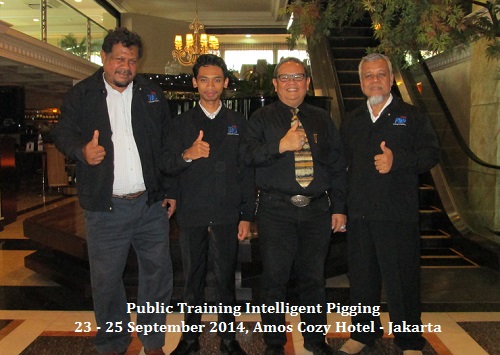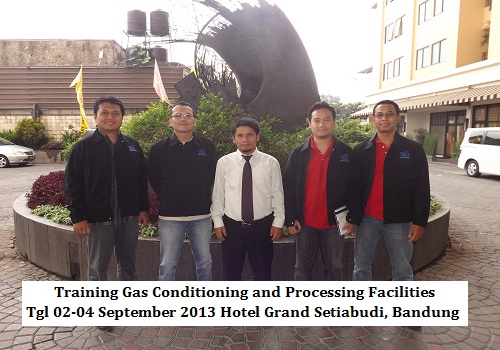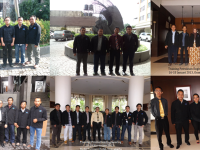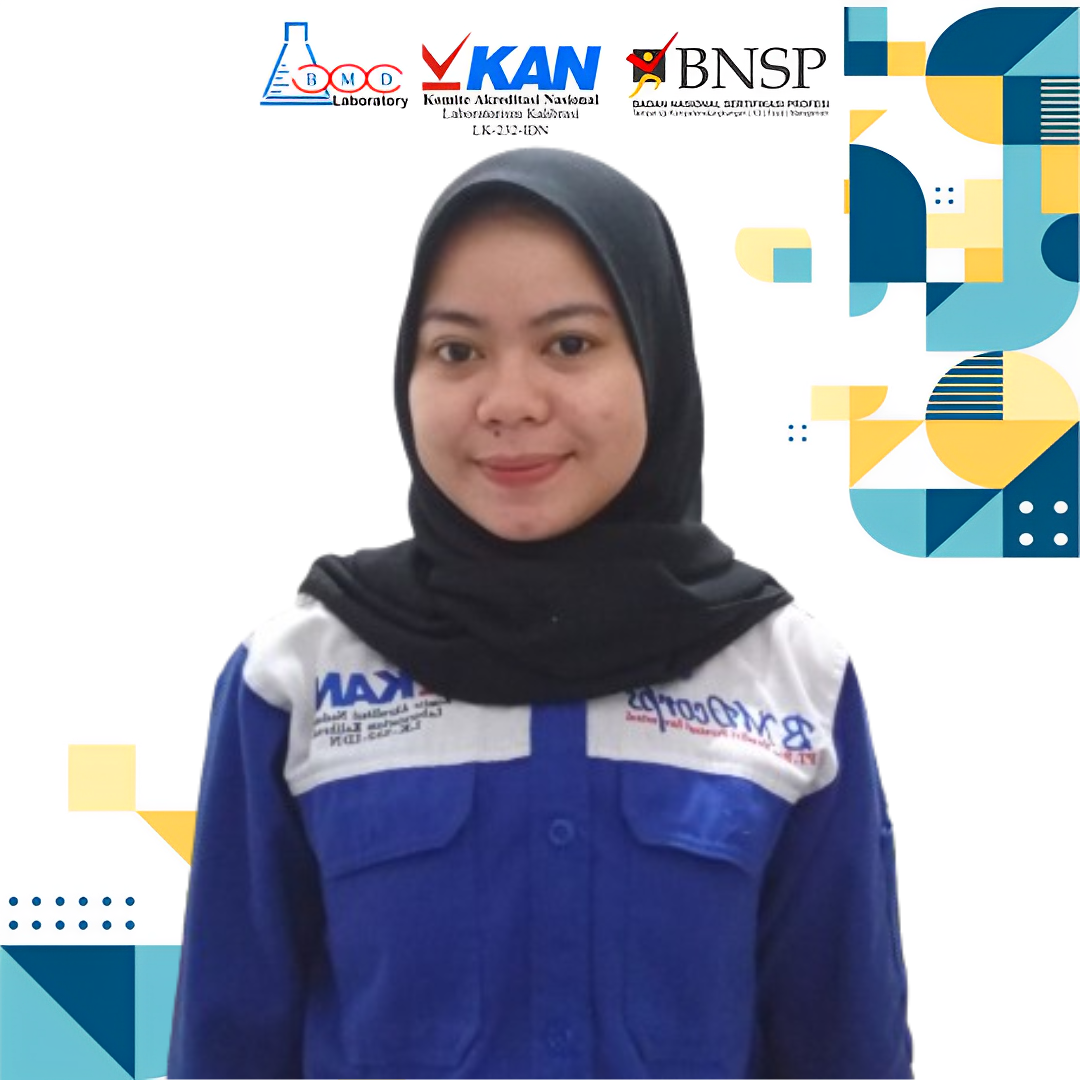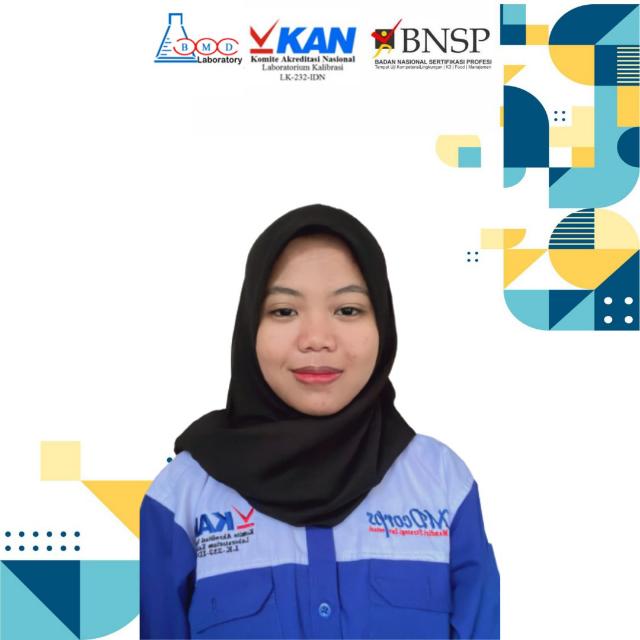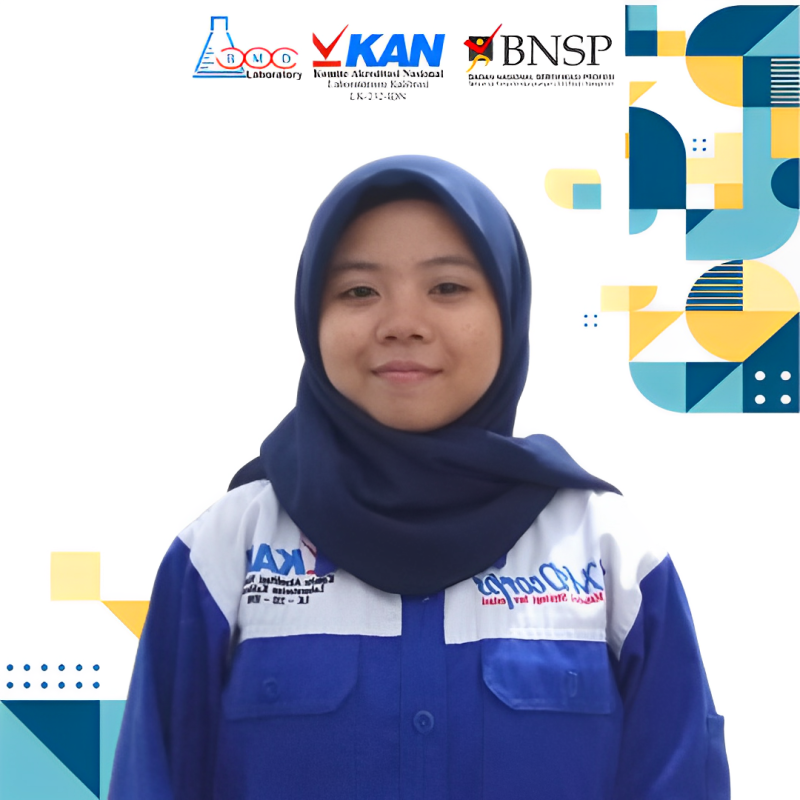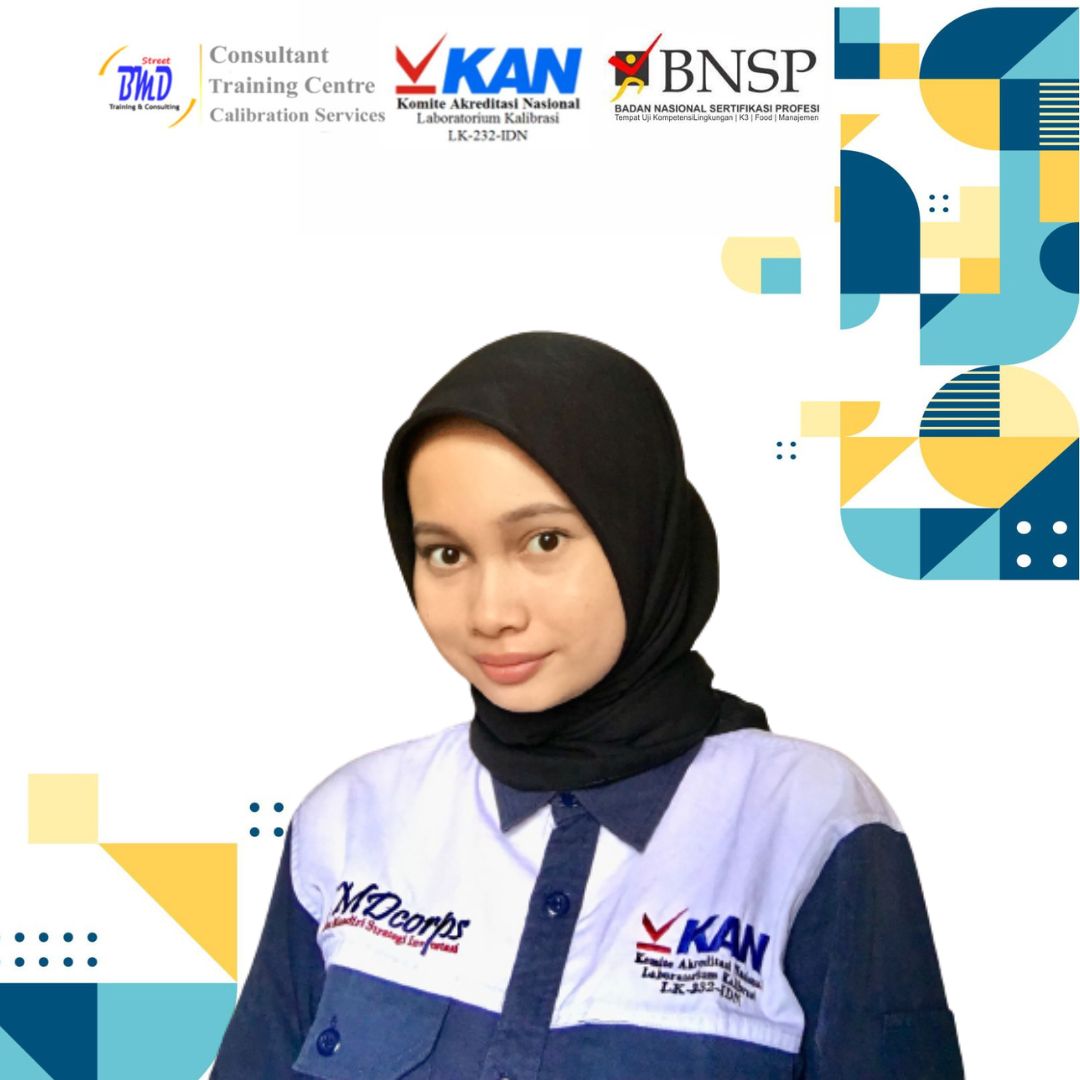SUMMARY
This course is to summarize the state of the art of horizontal well technology. It included the example problems to illustrate the use of various theoretical solutions, it also listed an overview of horizontal well technology and is general introduction to the technology from reservoir, drilling and completion stand point, it will deals also with the pressure drop through a horizontal well and how important it is in the estimation of horizontal performance.
Recent advances in drilling and completion have resulted in a rapid increase in the number of horizontal wells drilled each year around the world. A horizontal well, to some extent, is different from a vertical well because it requires and interdisciplinary interaction between various professionals, such as geologist, reservoir engineers, drilling engineers, production engineers, and completion engineers. This course mainly deals with reservoir and production engineering.
In this course, it has also included example problems to illustrate the use of various theoretical solution. Wherever possible, it has not only discussed practical difficulties that one may encounter while using the theoretical solutions, but it has also listed some of the method that one can used to obtain the desired information. It also included descriptions on field histories wherever they were available.
The training will include :
- An overview of horizontal well technology and is a general introduction to the technology from reservoir, drilling, and completion standpoint.
- The reservoir engineering concepts and their application for horizontal wells. This also included a discussion on wells spacing of horizontal wells
- Steady state solution and their applications. It also includes discussions on formation damage problems in horizontal wells. In addition to horizontal wells, it also contains a discussion of slant wells. There are cases where slant wells maybe more beneficial than horizontal well.
- The influence of well eccentricity on productivity of a horizontal well. Well eccentricity represents a vertical distance between the horizontal wells location and the centre of the pay zone. Though influence of the well eccentricity on productivity of a well is minimal, it will have a strong influence on the ultimate reserves for a horizontal well drilled in reservoirs with top gas or bottom water.
- Comparison horizontal and fractured vertical wells. Discussion practical aspects of hydraulic fracturing of a vertical well, its advantages, and the limitations. The chapter also includes reasons for stimulating horizontal wells and calculation of productivities for fractured horizontal wells.
- Transient well testing. In general, transient well testing is a highly mathematical subject. At same time, it is one of the most important and useful subjects to understand the well behavior in a given reservoir. It also included all the necessary mathematics and many concepts which are essential to interpret the behavior of a horizontal well.
- Pseudo-steady state solutions for vertical wells, fractured vertical wells and horizontal wells. I have also included available solutions for the partially perforated or partially open horizontal wells. It also describes the performance of horizontal wells completed in solution gas drive reservoirs.
- Examines water and gas coning in vertical and horizontal wells. It outlines many of the available solutions for calculating water and gas coning behavior in horizontal and vertical wells. It also contains discussion of available field histories. The histories not only show successes but also the failure of horizontal wells in minimizing water and gas coning. The chapter also outlines benefit and risks associated with production testing of vertical wells to estimate the potential of horizontal wells.
- Looks at the application of horizontal wells in gas reservoirs. The horizontal wells are highly suitable for low permeability as well as high permeability gas reservoirs.
- Deals with the pressure drop trough a horizontal well and how important it is in the estimation of horizontal well performance.
This course is mainly directed to the practicing professionals who make engineering calculations and decision on horizontal well applications. For managers, the book helps to review the present state of the art. It also outline some of the gaps in technology that exist today. These gaps in technology will be useful for research engineers and research professionals to determine the areas of future research.
OUTLINE
CHAPTER 1
Overview of Horizontal Well Technology
- Introduction
- Limitations of Horizontal Wells
- Horizontal Well Applications
- Drilling Techniques
- Horizontal Well Lengths Based Upon Drilling Techniques and
- Drainage Area Limitations
- Completion Techniques
- Summary
- References
CHAPTER 2
Reservoir Engineering Concepts
- Introduction
- Skin Factor
- Skin Damage for Horizontal Wells
- Effective Well bore Radius, r’w
- Productivity Index, J
- Flow Regimes
- Influence of Areal Anisotropy
- References
CHAPTER 3
Steady-State Solutions
- Introduction
- Steady-State Productivity of Horizontal Wells
- Effective Wellbore Radius of a Horizontal Well
- Productivity of Slant Wells
- Comparison of Slant Well and Horizontal Well Productivities
- Formation Damage in Horizontal Wells
- Field Histories
- References
CHAPTER 4
Influence of Well Eccentricity
- Introduction
- Influence of Well Eccentricity
- Drilling Several Wells
- Horizontal Wells at Different Elevation
- References
CHAPTER 5
Comparison of Horizontal and Fractured Vertical Wells
- Introduction
- Vertical well stimulation
- Types of Fractures
- Comparison of Horizontal Wells and Finite Conductivity Fractures
- Horizontal Wells in Fractured Reservoir
- Fractured Horizontal Wells
- Summary
- References
CHAPTER 6
Transient Well Testing
- Introduction
- Mathematical Solutions and Their Practical Implications
- Generalized Flow Regimes
- Pressure Response
- Detailed Well Testing Flow Regimes
- Pressure Derivatives
- Wellbore Storage Effects
- Practical Considerations
- Summary
- References
CHAPTER 7
Pseudo-Steady State Flow
- Introduction
- GeneralizedPseudo-SteadyStateEquation for Vertical Wells
- Shape Factors for Vertical Wells
- Shape Factors for Fractured Vertical Wells
- Shape Factors of Horizontal Wells
- HorizontalWellPseudo-SteadyStateProductivity Calculations
- Inflow Performance of Partially Open Horizontal Wells
- Inflow Performance Relationship (IPR) for Horizontal Wells in
- Solution Gas-Drive Reservoirs
- Predicting Horizontal Well Performance in Solution Gas-Drive
- Reservoirs
- References
CHAPTER 8
Water and Gas Coning in Vertical and Horizontal Wells
- Introduction
- Critical Rate Definition
- Vertical Well Critical Rate Correlations
- Critical Rate By Production Testing
- Decline Curve Analysis
- Water Breakthrough in Vertical Wells
- Vertical Well Post-Water Breakthrough Behavior
- Characteristics of Water Cut Versus Recovery Factor Plots
- Water and Gas Conning in Horizontal Wells
- Horizontal Well Breakthrough Time in a Bottom
- Water Drive Reservoir
- Breakthrough Time for a Horizontal Well in a Reservoir with Gas
- Cap or Bottom Water
- Cone Breakthrough Time for Horizontal Wells in Reservoir With
- Both Gas Cap and Bottom Water
- Critical Rate for Horizontal Wells inEdge-Water DriveReservoir
- Practical Considerations
- Field Histories
- References
CHAPTER 9
Horizontal Wells in Gas Reservoirs
- Introduction
- Gas Reserve Estimation
- Gas Flow Through Porous Media
- Horizontal Well Application
- Production Type Curves
- Cases Histories
- Summary
- References
CHAPTER 10
Pressure Drop Through a Horizontal Well
- Introduction
- Influence of High Pressure Drops
- Remedies to Minimize High Wellbore Pressure Drops
- Pressure Drop Through a Horizontal Well
- Comment on Fully Developed Friction Factors
- Pressure Drop in Curved Wellbore Section
- Drilled Wellbore Sizes and Liner Sizes
- Single-Phase Pressure Drop Through a Horizontal Well
- Multiphase Pressure Drop Through a Horizontal Well
- Summary of Example Results
- Practical Consideration.
DURATION
3 Day
FASILITY
Normal Class
- Quality training material (hardcopy and softcopy), Quality training kits: bag, block note, ballpoint, including jacket or T-shirt, etc, Convenient training facilities in four or five stars hotel, Lunch per day, morning and afternoon coffee / tea breaks for along the training, Certificate & Photo.
Online Class
- Softcopy Modul dan Sertifikat
INFORMATION & PROMO
Call : 021 756 3091
Fax : 021 756 3291
CONTACT PERSON
0813 8280 7230, 0812 8931 1641
Email: [email protected]
Website: https://bmdstreet.co.id
Schedule Training Oil and Gas Horizontal Well year 2024:
- 16-18 Januari 2024 Bali
- 20-22 Februari 2024 Bogor
- 19-21 Maret 2024 Surabaya
- 16-18 April 2024 Yogyakarta
- 20-22 Mei 2024 Jakarta
- 18-20 Juni 2024 Bali
- 16-18 Juli 2024 Malang
- 20-22 Agustus 2024 Jakarta
- 17-19 September 2024 Bandung
- 15-17 Oktober 2024 Surabaya
- 19-21 November 2024 Jakarta
- 17-19 Desember 2024 Yogyakarta
Investation (Not Include Hotel Acomodation) :
Online Class
- Rp 5.000.000/peserta (Online Zoom Meeting)
Normal Class
- IDR. 10.500.000,-/participant (Jakarta)
- IDR. 10.500.000-/participant (Bandung)
- IDR. 11.500.000,-/participant (Yogyakarta)
- IDR. 13.000.000,-/participant (Bali)
- IDR. 13.750.000,-/participant (Lombok)
Available on request for time, place and facilities call us for more information

